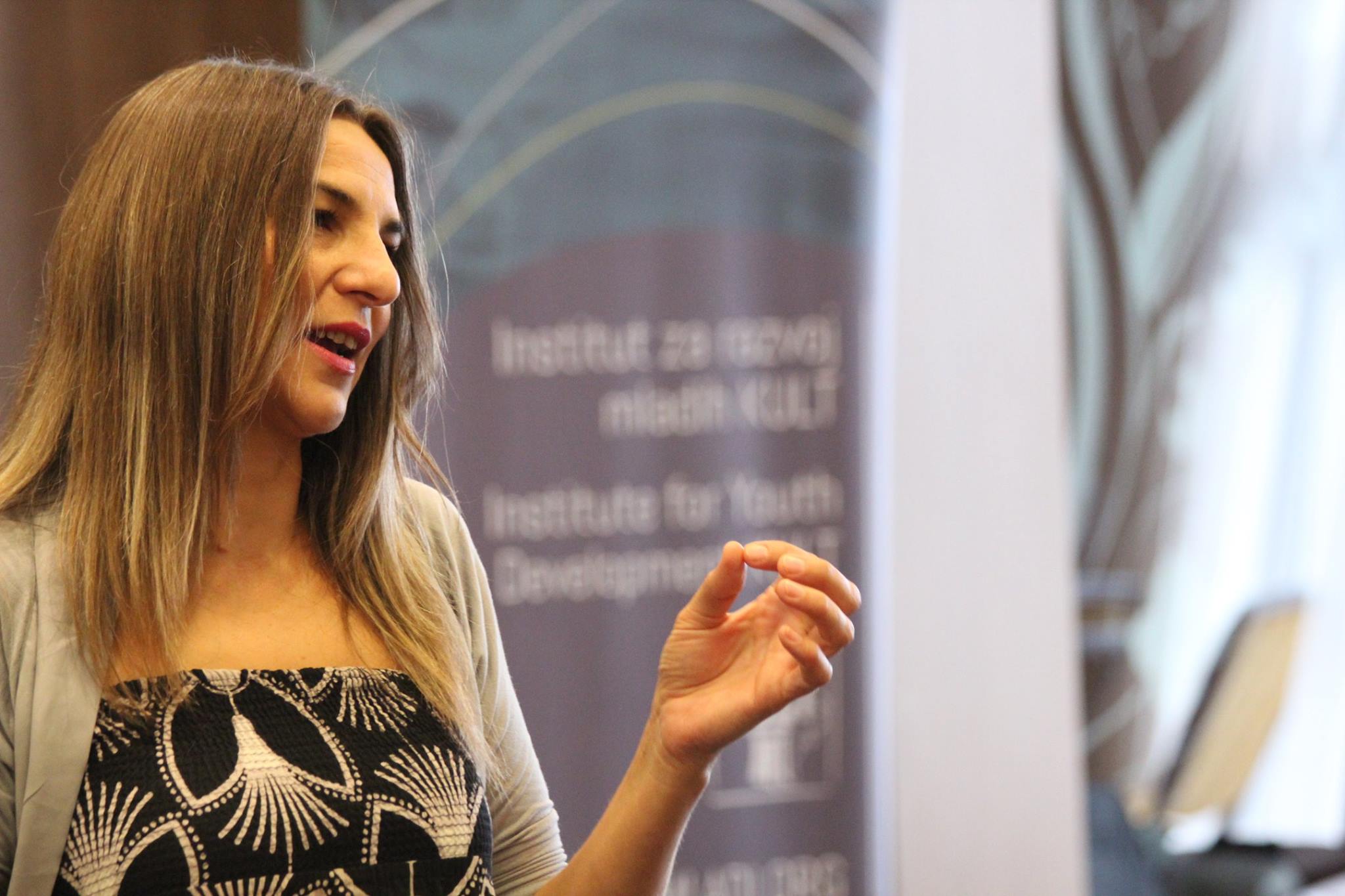In local communities throughout Bosnia and Herzegovina, youth officers play a key role in advocating the interests of young people. Local communities implement various activities targeting young people, but there is often a lack of systematic monitoring and evaluation of these programs. To enhance the understanding of existing programs and improve new initiatives for young people, youth officers, through the Basic Training for Youth Officers, focus on preparing public calls for youth projects and developing methods for monitoring and evaluating youth programs.
In the second training module, emphasis was placed on sharing experiences in working with young people, the role of youth officers in preparing and implementing public calls for youth, managing grants awarded to young people, and monitoring and evaluating youth projects. All these efforts contribute to more effectively meeting the needs of young people in the local community, ultimately leading to a stronger youth sector and youth participation.
Monitoring youth programs in local governments is key to ensuring their success and sustainability. Systematic monitoring allows youth officers to thoroughly assess the program’s effectiveness and impact. Monitoring and evaluation allow for the identification of internal and external factors influencing the programs, and offer comprehensive insights needed to improve public calls for youth projects. Regular monitoring also helps identify potential problems early, which makes it easier to adjust strategies and enhances transparency and accountability in working with young people.
“The inspired young people I met, who are currently youth officers or intend to become youth officers, are so dedicated to creating better opportunities and conditions for young people in their communities, and that will be my strongest motivation from now on. After participating in these two training modules focused on the exchange of experiences from different local communities, I gained valuable insights into policies affecting young people, different legal practices for youth activities across municipalities and entities, and strategies for making project calls more accessible and transparent for young people in Kneževo. The engaging, interactive, and creative exercises we’ve participated in so far will definitely motivate me to become more active in my local community, advance professionally, and drive change alongside these inspired young people,” said Dijana Milisavić from the Municipality of Kneževo.
The second training module provided an opportunity for further exchange of experiences in working with young people and allowed youth officers to gain a better understanding of how the programs they implement compare to those in other communities. During this training module, participants honed their leadership skills and practiced teamwork. By assessing their leadership styles and analyzing the teams they work with, participants examined how youth programs rely on effective teamwork across individual departments.
The module combined theoretical and practical components, leading to engaging interactions, an exchange of experiences and best practices, and provided participants with practical techniques they can apply in their daily work with youth organizations.
“As someone who has worked in this field for a relatively short time, I can say that much of the training is new to me. The trainers did a great job presenting the material in a way that is clear, understandable, and directly applicable to all of us. This training will be really helpful for my future work and efforts to make a difference for young people in my small local community. All my colleagues at the training were particularly great. We make a great team and I hope for further cooperation,” said Nikola Oroz from the Municipality of Fojnica.
The Institute for Youth Development KULT has been holding youth officer training courses and certified courses for expert youth work associates employed in city, municipal and cantonal administrations. The training program consists of 5 obligatory modules (120 hours) to be held from June to December 2024 in various cities in Bosnia and Herzegovina. The participants will receive their certificates in December this year.
























Leave a comment